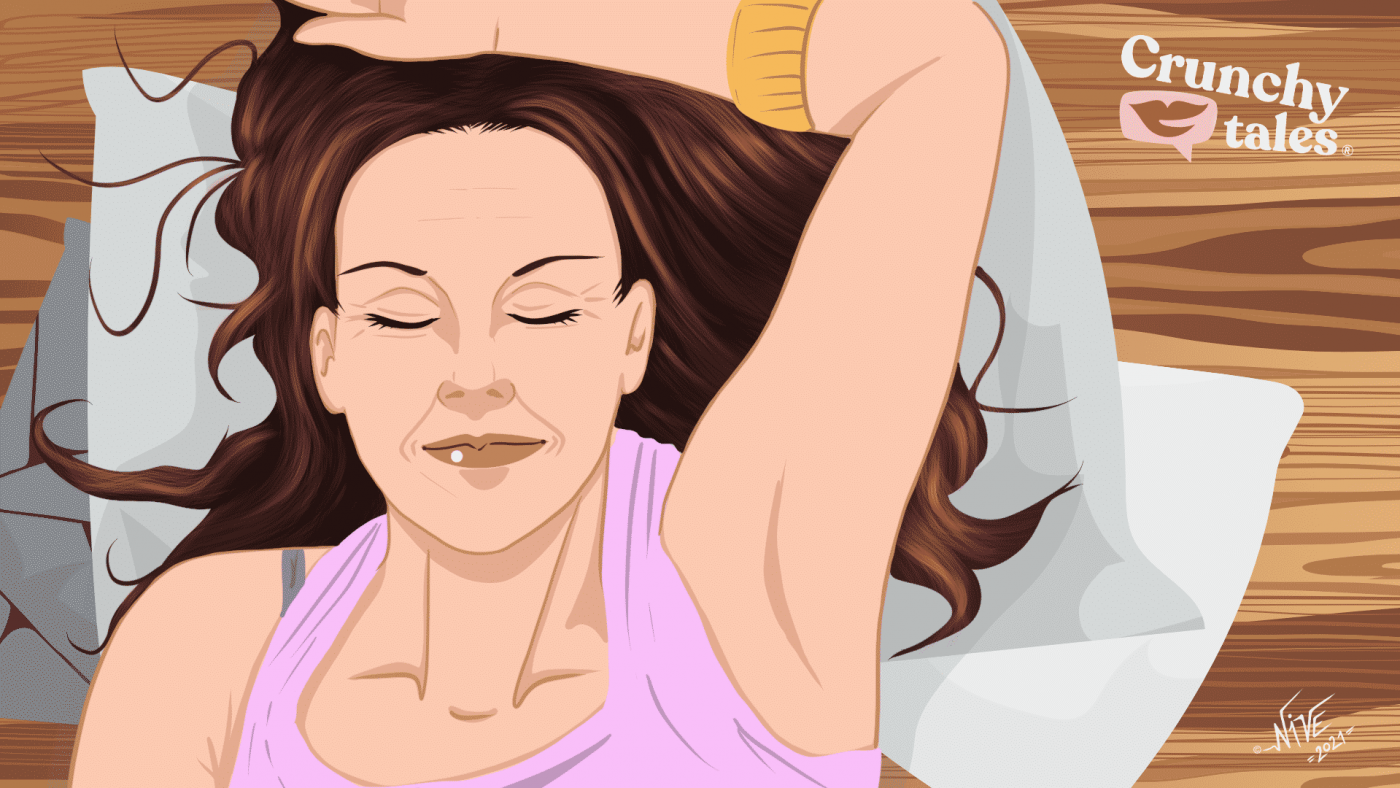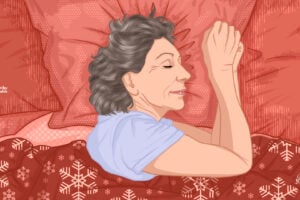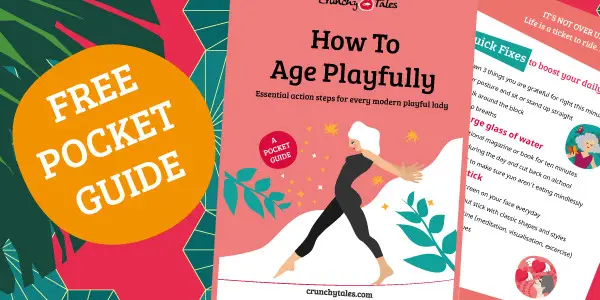Tired All the time? 6 Top Tips To Beat Your Midlife Fatigue
Do you find it harder to roll out of bed in winter when the temperature drops and the mornings are darker? If so, you’re not alone. As the days get shorter, we all know how difficult it can be to wake up on a dark morning and tackle our to-do list, especially at midlife.
“Tiredness among women peaks in the autumn“, says Dr Nigma Talib, a naturopath based in Los Angeles, and founder of Healthydoc clinics in London, author of Reverse the Signs of Ageing. “According to Chinese medicine, the change of seasons can affect our sleep,” she explains. “However, 40-something women are worn out for other reasons, too. It’s a time when they’re either premenopausal or perimenopausal, and hormonal changes are likely to leave them feeling fatigued and/or anxious.”
If you’re struggling to adjust to the seasonal change, don’t worry as this can exacerbate the problem. We have put together some top tips to help you tackle low energy and boost your mood and productivity at midlife.
Let in some sunlight
As the days become shorter, your sleep and waking cycles may become disrupted. The lack of sunlight means your brain produces more of a hormone called melatonin, which makes you sleepy. To help regulate your melatonin levels, spend as much time outdoors in daylight as you can. Even just taking a brisk lunchtime walk can boost energy, reduce blood pressure and lift the mood. Also, open your blinds during the daytime and sit near a window whilst working.
Eat a balanced diet
Once the summer ends, there’s a temptation to ditch the salads and fill up on starchy foods such as pasta, potatoes, and bread. However, in midlife, you need to include plenty of fruit and vegetables in your meals.
It’s also important to get more magnesium and especially vitamin D into your diet as our bodies are unable to create enough at this time of year. The British National Health Service (NHS) recommends eating foods that are rich in vitamins, including oily fish, red meat and fortified food, such as some fat spreads and breakfast cereals.
Amelia Freer, one of the UK’s leading Nutritional Therapists, also emphasises the importance of good blood-sugar balance. “Many of the women I see say fatigue is their top complaint. I find that gentle changes to their diets – less sugar, fewer comfort foods, less snacking, more whole foods, some healthy fats and making sure there are proteins with every meal – have a remarkable impact on their energy levels.”
Move your body
When you’re tired and running low on energy, probably the last thing you want to do is venture out into the cold. But you might be surprised by how energetic you feel after getting involved in some kind of physical activity every day. Research finds that sedentary people who start to exercise experience increased blood flow to the muscles and a more efficient cardiovascular system, both of which can result in better energy and more restorative sleep.
If it’s too cold outside, or you don’t fancy running in the dark, try to work out indoors. To ease into exercise, start small. Experts recommend 150 minutes of moderate-intensity aerobic exercise per week but begin with a brisk, 30-minute walk around the neighbourhood after dinner every night. Chances are, you’ll begin to notice benefits quickly.
Prioritise sleep
Getting enough sleep is vital for fighting off winter tiredness. Whilst it’s tempting to go into hibernation when winter hits, that sleepy feeling you get does not mean you should snooze for longer.
Especially at midlife, you should aim for about 8 hours of shut-eye a night and try to go to bed and get up at the same time every day. The environment in which you sleep is also important and can affect it. Make sure your bedroom helps you feel relaxed and sleepy: clear the clutter, have comfortable and warm bedding and turn off your phone and TV. If you’re still having trouble sleeping, try taking a valerian root-based sleep aid. Valerian has long been used to promote a refreshing and restful night’s sleep – without causing drowsiness the next day.
Drink more water
Stay properly hydrated to keep your body running at optimum levels. According to a 2014 study, increasing water intake in people who don’t usually drink enough water was found to have beneficial effects on energy. People who decreased their water intake had fewer feelings of calmness, satisfaction, and positive emotions. Feelings of fatigue and inertia were also reported in this group
Unwind and destress
Are you feeling pressured to get everything done during the shorter daylight hours? If so, it may be contributing to your tiredness.
Whilst there’s no quick fix for stress, there are some simple things you can do to help to reduce it. Many people find adding meditation, yoga, breathing exercises or mindfulness techniques into their day helps them to calm down and feel more relaxed and recharged.
If changes like these don’t help alleviate your tiredness, it’s worth a visit to your health care provider to rule out underactive thyroid, anaemia, adrenal fatigue, depression and anxiety.
Like this post? Support Us or Sign up to our newsletter to get more articles like this delivered straight to your inbox!






